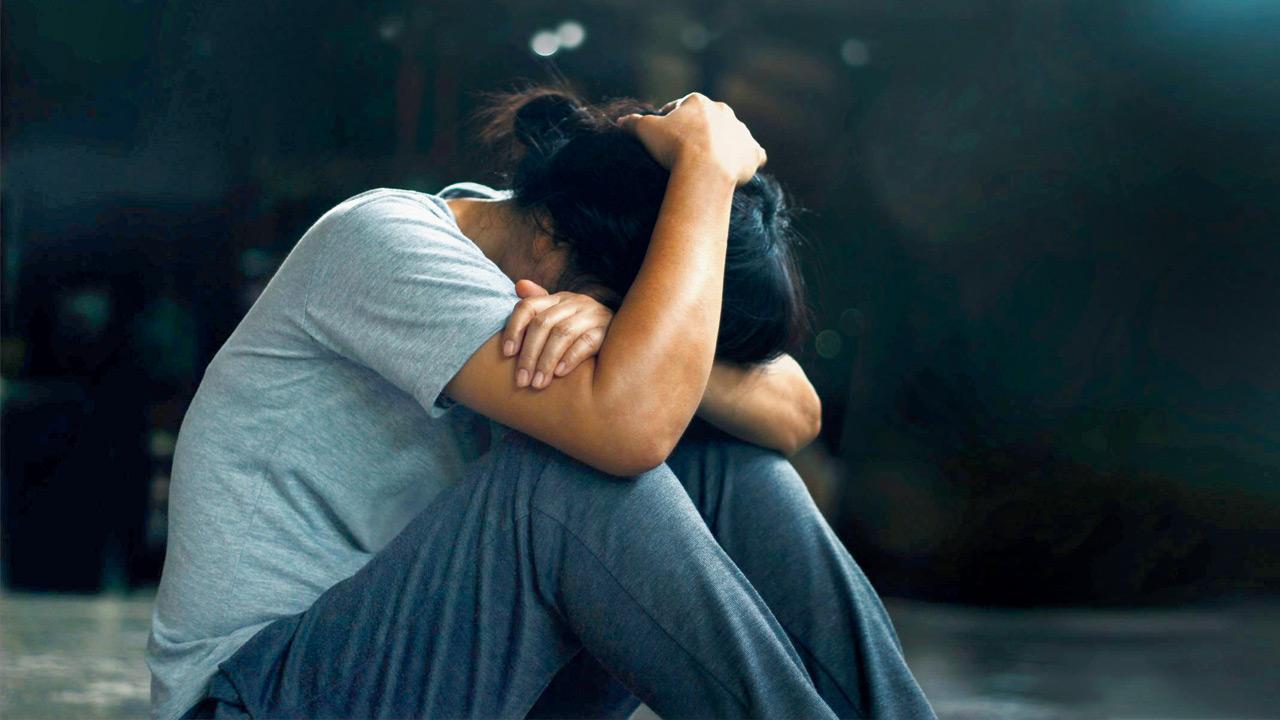Psychiatrists flag lack of therapy, caution against exploitative media coverage and delayed intervention

Psychiatrists stress early care as key to healing and warn of deep-rooted social consequences if ignored. Representation Pic/istock
The external injury scars may heal, but the mental scars will remain for a long time. Those who survived the Pahalgam terror strike are finding it difficult to come to terms with the tragedy, a challenge that the families and will need to address.
‘No talk on mental health’
“I have not seen a single politician or a news anchor talking about instant and long-term mental health therapy and or medications for those affected by the Pahalgam massacre. This is a must! It is so insensitive to thrust a million microphones at the face of the child who lost his parents for a byte and a shot at TRP and personal fame. Calling the child brave when numbed by the shock and pushing him to think that he is brave because he is giving an interview causes secondary psychological trauma. This will make him and others block their feelings of anger, sadness, fear and guilt, causing them to explode later in the body or the mind,” said Dr Harish Shetty, a senior psychiatrist with extensive experience in disaster mental health care, attached to Dr L H Hiranandani Hospital.

Dr Suresh Bada Math, head of forensic psychiatry, NIMHANS
“Every victim has a right to mental health intervention till they recover. The earlier the intervention is, the faster the recovery for those directly affected by the murders. The entire country is seething with rage and fear, and leaders should provide a strong assurance of safety and speedy justice. Retribution and retaliation promote healing,” Dr Shetty said.
He added, “In several disasters, manmade or natural, one does not hear any statement, desire or resolve for mental health intervention. When such wounds are not healed by psycho-social interventions, the exaggerated narratives and stories of pain will be passed through generations, and then intergenerational trauma becomes a reality,” Dr Shetty added.
Long-term consequences
When asked about the long-term consequences, Dr Shetty said, “Depression, life-long nightmares, fear and anxiety, rage and hostility. Many would have life-long hatred towards a group of people that will be generalised towards a larger group or a community.”
Normal people, deviant event
“In the aftermath of disasters or terrorism, citizens are often thrust into circumstances that are overwhelming and inescapable. Such events can profoundly disrupt a person’s sense of safety and control. These psychological reactions are natural and not indicative of mental illness. In simple words, normal people in abnormal situations,” explained Dr Suresh Bada Math, head of Forensic Psychiatry and Legal Aid Clinic at NIMHANS, Bangalore.
“The immediate priority in disaster response should be ensuring physical safety. Relocating survivors from the epicentre of trauma, establishing communication with the loved ones, reuniting them with family members, and facilitating community support are the foundational steps. These actions provide the psychological scaffolding necessary for recovery,” said Dr Math.
“Scientific evidence suggests that the majority of the individuals are resilient and recover within a few weeks to a couple of months, drawing on personal, familial, and community resources. A very small proportion may experience persistent distress that interferes with daily functioning. These individuals may benefit from targeted, professional mental health interventions. This was evidenced during the 26/11 Mumbai attack by Pakistani terrorists,” the doctor added.
Avoid blanket approach
“It is important, however, to avoid a blanket approach to mental health services. Making psychological counselling mandatory may inadvertently pathologise normal human responses and undermine individual agency. Instead, we should foster a system that offers mental health support to those who need it, while respecting the diverse ways people cope and recover,” Dr Math said.
 Subscribe today by clicking the link and stay updated with the latest news!" Click here!
Subscribe today by clicking the link and stay updated with the latest news!" Click here!








